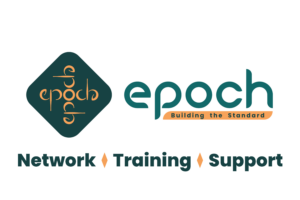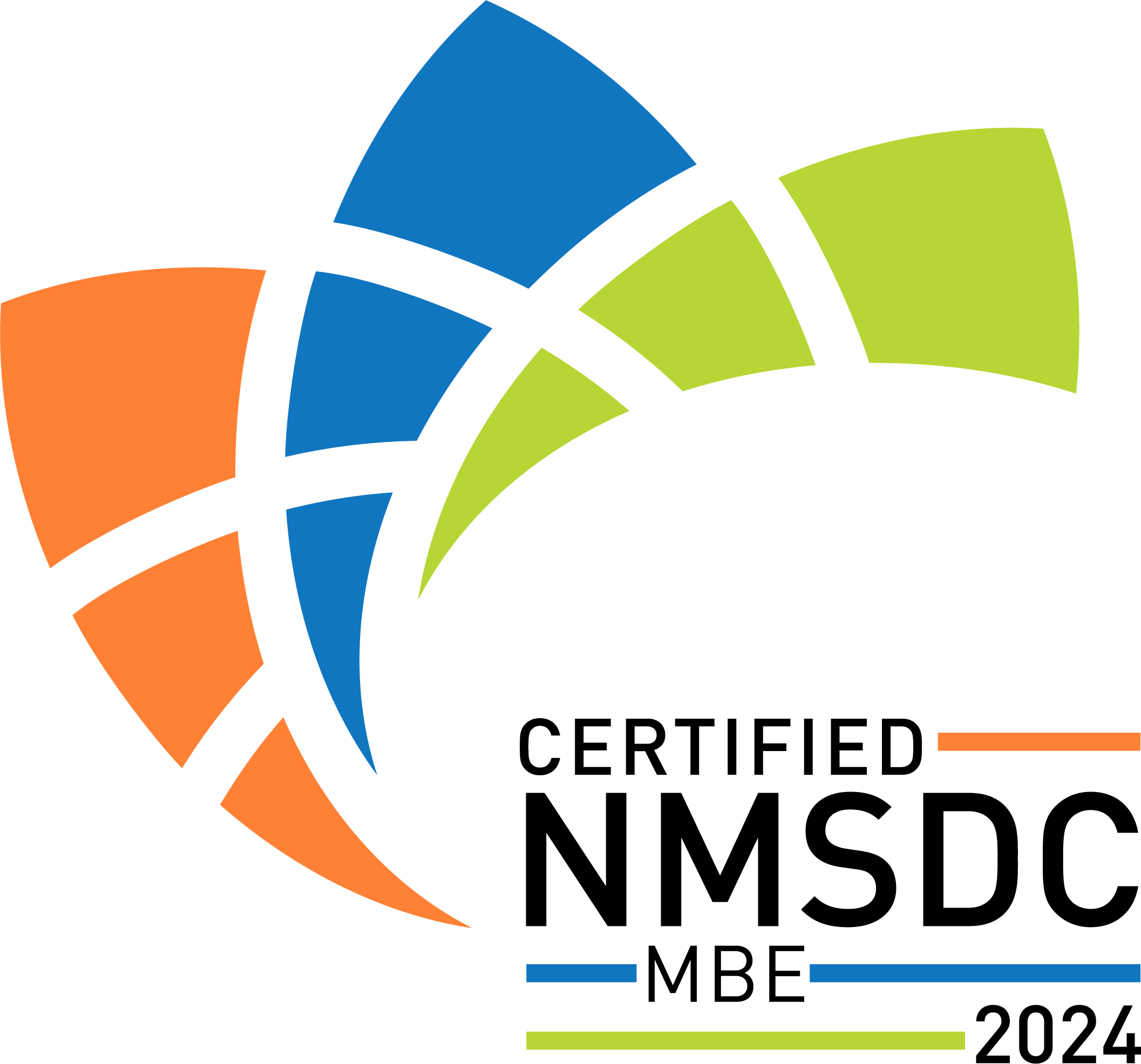A Complete Guide to How Cloud Storage Works
Cloud storage has become a standard part of how businesses and individuals manage their data. Instead of keeping files on local hard drives, cloud storage uses remote servers to store information you can access from anywhere with an internet connection. Skilled IT support teams often recommend cloud solutions because they offer flexibility, security, and easy scaling. This guide explains how cloud storage actually works, the different types available, and the security measures that keep your data safe. We’ll also look at where this technology is headed in the coming years.
Overview of Cloud Storage
Cloud storage runs on a network of remote servers hosted on the internet that store, manage, and process your data. This setup lets you access files from any location as long as you have internet access. The system uses virtualization technology, which pools storage resources across multiple servers. This pooled storage is distributed to users on demand, allowing you to scale up or down as needed. Cloud storage services also build in data redundancy to keep things running smoothly and reliably. Understanding these basics helps you see why cloud storage has become such a go-to solution for data management.
How Data Is Stored
Cloud storage systems use a method called data segmentation, which breaks your information into smaller blocks for faster storage and retrieval. Each block gets a unique identifier so the sy
stem can quickly find and manage it. These blocks get spread across multiple servers in different locations to create redundancy and keep your data available. Redundancy works through data replication; each block is copied to several servers, protecting against data loss if one server fails. Cloud providers also use encryption to secure data both while it’s on servers and as it moves between locations. These methods work together to keep your data intact, available, and private.
Benefits of Cloud Storage
Cloud storage enables businesses of all sizes to scale and remain flexible with their data resources. One big advantage is how easily you can increase or decrease storage capacity based on what you actually need, which saves money on hardware upgrades. Cloud storage also handles automatic backups and data redundancy, so your files stay protected against hardware failures. Collaboration gets easier, too, since multiple people can access and edit the same files simultaneously. Cloud storage integrates seamlessly with other cloud services and apps, streamlining workflows and helping teams get more done. These benefits make cloud storage a solid choice for anyone looking to improve how they handle data.
Security Measures in Place
Data security is a top priority in cloud storage, so providers implement strict measures to prevent unauthorized access and breaches. Encryption plays a major role in protecting data both during transfer and while it is stored. Advanced encryption standards like AES with 256-bit keys are common across the industry. Secure Sockets Layer (SSL) and Transport Layer Security (TLS) protocols create secure communication channels between users and cloud servers. Multi-factor authentication adds an extra layer of protection by requiring users to verify their identity in multiple ways. Regular security audits, intrusion detection systems, and firewalls monitor for and block unauthorized access attempts. Providers also push out continuous updates and patches to quickly address security vulnerabilities.
Different Types of Cloud Storage
Understanding the different types of cloud storage helps you pick the right solution for your needs. Public cloud storage from providers like Amazon Web Services (AWS) or Google Cloud Platform lets you store data on shared infrastructure accessible over the internet. Private cloud storage provides a single organization with dedicated infrastructure, offering tighter security and greater control over data. Hybrid cloud storage combines elements of both public and private clouds, enabling organizations to balance performance and cost. Community cloud storage serves a specific group with shared concerns, such as specific security requirements. Knowing these options helps businesses choose the cloud storage setup that best fits their situation.
Future Trends in Cloud Storage
Cloud storage is evolving, and several trends are shaping its future. One major development is the integration of Artificial Intelligence (AI) and Machine Learning (ML) into cloud storage systems. These technologies improve data processing, enable predictive analytics, automate file organization, and enhance data retrieval. Edge computing is also changing the game by moving data processing closer to where the data originates, reducing latency and enabling systems to run more efficiently. Quantum computing also shows promise for cloud storage, offering processing power to handle massive datasets. The future of cloud storage points toward smarter, faster, and more efficient systems built to handle the growing demands of modern data management.
Related Topics:




















